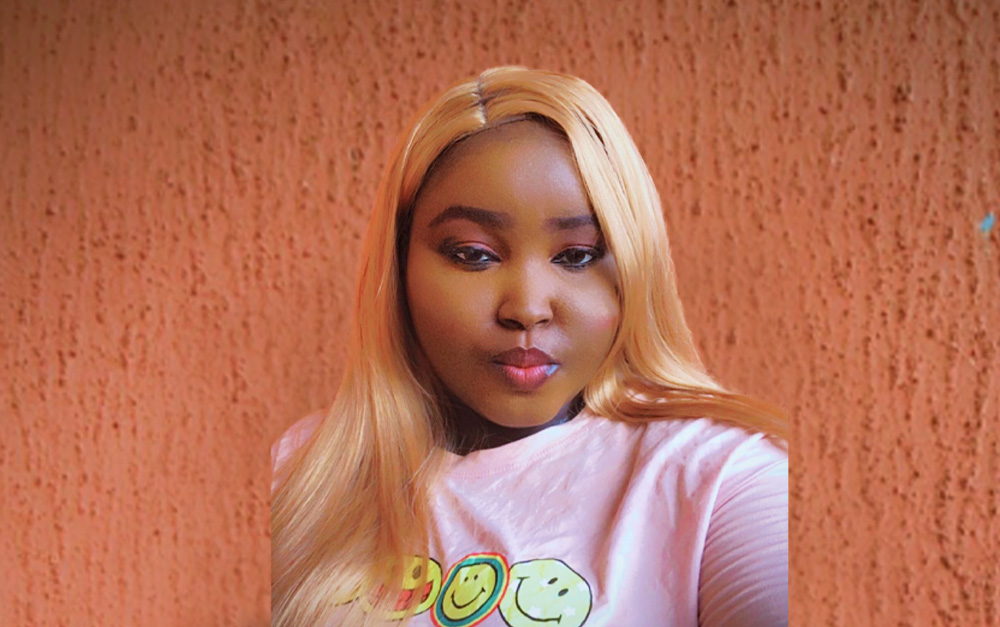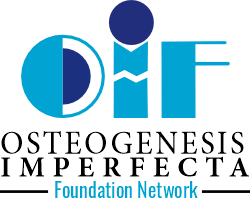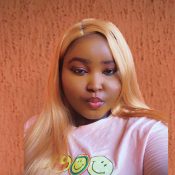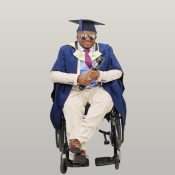
“I Am Blessing: Living with Brittle Bones and Fighting the Darkness” (Depression)
My name is Blessing.
A name like mine carries weight — hope, maybe even expectation. I used to think it was a cruel irony. What kind of blessing fractures from a hug? What kind of blessing wakes up every morning afraid to move, fearful that a shift in the sheets could mean another break?
But I’ve come to understand something more profound — that being a blessing doesn’t mean being perfect. It means surviving, even when it hurts, especially when it hurts.
Let me tell you my story.
The Breaks That Began It All
I was born on a cloudy December morning. My parents say I came into the world already bruised. My first cries were not just of hunger or cold, but pain. Doctors soon discovered the reason: Osteogenesis Imperfecta — brittle bone disease: type III, the severe kind. My bones were fragile from the start, as if made of glass instead of calcium.
By the time I turned five, I had already broken over twenty bones. I don’t remember all of them, but I do remember the fear. I remember being carried, always carefully, always slowly. I remember sleeping in positions I didn’t dare move from. I remember the softness in my mother’s hands — and the sadness in her eyes every time she held me after another fracture.
There is nothing normal about living in a body that betrays you.
I wanted to run. I wanted to jump with the other kids, fall, scrape my knee, and get up like it was nothing. But falling, for me, could mean six weeks in a cast. So instead, I sat on the sidelines. I learned to clap and cheer from afar. And as I grew older, I started to shrink — not in height, but in spirit.
A Quiet Grief No One Could See
When I was around eleven, something changed inside me. My bones weren’t the only things breaking anymore. My laughter became quieter. My poems, once bright with imagination, turned grey. I felt like I was fading — not from life, but from myself.
Depression doesn’t arrive loudly. It doesn’t come wearing signs. It creeps in, slowly, like dusk stealing light from the sky. For me, it started with tiredness. Then came the isolation. The thoughts. The shame.
I told myself I was a burden. Those people were just being friendly because they felt sorry for me. My presence in any space made things more difficult. I hated how people looked at me — not with cruelty, but with pity. I wasn’t just the girl with the crutches. I was the girl who couldn’t.
And I started believing I shouldn’t even try.
There were mornings I didn’t want to get out of bed — not because I was in pain, but because I couldn’t see the point. I would stare at the ceiling, thinking: If I disappeared, would anything really change?
The Day I Almost Gave Up
I remember it so vividly.
I was sixteen. It was a Sunday. Quiet. The kind of day where the world moves slowly. I woke up that morning and everything felt… heavy. Heavier than usual. My bones were intact — for once. But my heart? It felt shattered.
I wrote a note that day. I didn’t plan to send it or show it. I just needed to say something out loud, even if only to a piece of paper:
“I don’t want to be here. I’m tired. I’m tired of hurting. I’m tired of being scared. I’m tired of being me.”
I folded the paper and slipped it under my pillow.
Then I got up. Out of habit more than hope. I moved through the day like a ghost — silent, present, but not really living. My mother noticed. She always did. She didn’t push me. But later that night, she came into my room, sat on the edge of my bed, and asked gently, “Are you okay?”
I don’t know what made me speak. Maybe it was her eyes. Perhaps it was the soft way she touched my shoulder. But I broke. Not a bone — this time, a silence.
I told her everything. The thoughts. The pain. The shame. The fear that I would always be “too much” and “not enough” all at once. She didn’t interrupt me. She didn’t tell me to “be strong.” She just listened. And when I finished, she held me — carefully, like she always had — and said the words that saved me:
“You don’t have to carry this alone.”
Learning to Speak the Darkness
That moment changed everything. Not overnight. Depression doesn’t vanish because someone says something kind. But it permitted me to seek help.
I started seeing a therapist — someone who specialised in chronic illness and trauma. I walked into her office with my shoulders hunched, my hands clenched, my heart guarded. And every week, I peeled back another layer of myself. Slowly. Painfully.
We talked about grief — not of someone I lost, but of the life I thought I’d have. We spoke of anger — at my body, at my condition, at the world. We talked of shame — and how I had made it my home.
She gave me tools. To name my pain. To talk back to the thoughts that lied to me. To understand that I could be both depressed and valuable. Fragile and strong.
I began journaling. I wrote letters to myself: “Dear Blessing, today you woke up. That’s enough.” I wrote poetry again. Not just sad poems, but ones with little flickers of hope. I started building a life not around what I couldn’t do, but around what I could.
And, most importantly, I let people in.
Finding My People
For years, I thought no one could understand what it meant to live in a body like mine. But I was wrong.
Through an online support group for people with OI, I met others like me: different ages, different countries, but the same secret grief, the same invisible fight. We shared stories — of surgeries, of heartbreak, of victories. We celebrated each other’s joys and held space for the pain.
Suddenly, I wasn’t alone anymore.
One girl in the group, Amina, once said to me, “You’re not broken, Blessing. You’re just built differently. But you’re still whole.”
That sentence lives in my bones now — stronger than any metal rod doctors ever placed.
Choosing Purpose
When I graduated from secondary school, I was terrified. I didn’t know what came next. Could I handle university? Would people accept me? Would I be able to keep up?
But I applied anyway. To study English literature and creative writing. And when I got my acceptance letter, I cried. Not because I didn’t think I could do it — but because part of me finally believed I could.
University was hard. There were days I had to miss class. Nights when pain kept me up. People still stared. Some professors didn’t understand. But I wrote. Oh, I wrote like my life depended on it.
Because in a way, it did.
Writing became my voice, my rebellion, my healing. I told my story — in essays, in poems, in talks at disability conferences. I volunteered with young people living with disabilities, telling them, “It’s okay to be scared. But don’t stop showing up.”
I still live with pain. I still fracture. Depression still visits, sometimes when I least expect it. But I have tools now. I have people. I have a purpose.
And I have myself — not the version I thought I had to be, but the one I’ve become: whole in my own way.
What I Know Now
Here’s what I want you to know, if you’re still reading:
- You can be fragile and still be strong.
- You can be tired and still be trying.
- You can feel broken and still be beautiful.
People look at me and see someone “inspiring.” But I’m not a storybook hero. I’m a young woman who almost gave up but didn’t. I’m someone who knows what it’s like to feel invisible, unlovable, exhausted — and still find reasons to stay.
Some days, my reason is small: a good cup of tea. A soft song. A message from a friend.
Other days, it’s big: sharing my story and helping someone else find their voice. Looking at the sky and realising — I’m still here.
And that is enough.
From Me to You
If you live with a chronic condition, if you battle depression, if you feel like your name doesn’t match your life — I see you. I am you.
You’re not weak for feeling pain. You’re not dramatic for needing help. And you are never — never — a burden.
Your story matters. Even the messy parts. Especially the messy parts.
My name is Blessing. And I finally believe that I am one.
Not because I’ve never broken.
But because I’ve always, always — no matter what — gotten back up.
![Osteogenesis Imperfecta Foundation Network [OIFN]](https://oifn.org/wp-content/uploads/2024/07/logo_oif.png)


